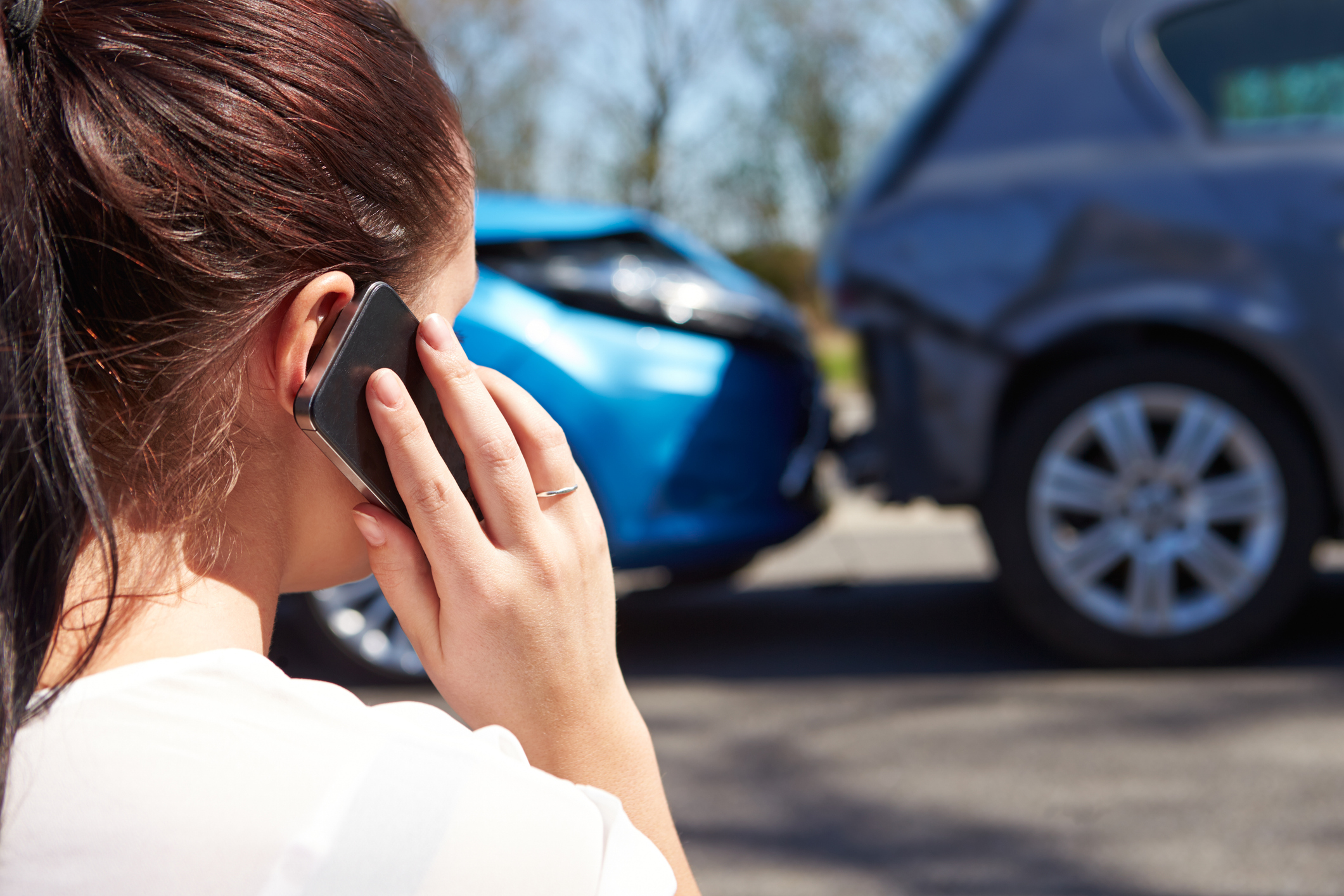
What Not to Say to an Insurance Adjuster After a Car Accident

In the immediate aftermath of a motor vehicle accident, you can expect to receive a phone call from an insurance adjuster representing your car insurance provider and potentially the provider(s) for anyone else involved. In most cases, you may even receive multiple calls. As a rule of thumb, being polite, calm, and cooperative with these adjusters is important since they have a lot of sway over how your claim will proceed.
However, it is even more important to know what not to say to an insurance adjuster after a car accident, even if doing so might feel rude or unhelpful at the moment. Here are some topics to avoid whenever you are on the phone with anyone from a car insurance company, all of which an auto accident attorney could explain in more detail to help you benefit your claim.
Accepting Any Fault at All for the Crash
It might feel like second nature to offer an apology or acknowledge that you played some role in causing your car accident in the hours and days after it happened. However, doing this is one of the biggest mistakes you can make when dealing with insurance adjusters since they are trained to take any opportunity possible to ensure their employer holds the least financial responsibility possible. Whether you were actually at fault or not, any implication that you were could give them a reason to reduce the compensation you receive or even deny your claim altogether.
Theorizing About How the Wreck Happened
It is also important not to speculate about how a car accident happened or what factors might have led to it while speaking with an insurance adjuster. You should provide basic objective information about the incident, such as when and where it happened and what specific vehicles and people were involved. However, just like accepting fault for a wreck, guessing as to how the incident occurred in the first place could be used as evidence against you when it comes time to demand fair financial restitution.
Talking About the Severity of Injuries
A licensed medical professional is the only person qualified to determine exactly how severe crash-related injuries are. With that being said, insurance adjusters will often try to make those determinations themselves based on subjective and speculative information. Because of this, it can be critical when talking to insurance representatives after auto accidents to avoid describing what kind of pain you are experiencing and what you expect your recovery time to be. Even answering “I’m okay” to a seemingly casual question like “How are you feeling?” could harm your claim.
Agree to a Bad Offer Out of Politeness
You should seldom accept the first settlement offer an insurance provider makes early on in your case, nor should you consent to make a recorded statement without first discussing your options with a legal professional. Remember, the insurance company wants to get your case over with as quickly as possible by paying the least amount of money possible, and opening settlement offers virtually always reflects this approach.
Reach Out Today for More Guidance on What Not to Say to an Insurance Adjuster Following a Car Crash
How you handle interactions with insurers after an incident significantly impacts the amount of compensation you may be entitled to receive. The best way to determine what not to say to an insurance adjuster after a car accident is by retaining the services of a skilled attorney who can help deal with these companies to avoid making costly mistakes.












